I've been learning the object initializer in C# recently, but now I'm wondering how it works when it conflicts with the constructor.
public class A
{
public bool foo { get; set; }
public A()
{
foo = true;
}
public A(bool bar)
{
foo = bar;
}
}
What happens when I try this?
public class B
{
private A a = new A() { foo = false };
private A b = new A(true) { foo = false };
}
Is a default in the constructor a good way to have a bool that starts true and can be changed?
public A(bool bar = true)
{
foo = bar;
}
